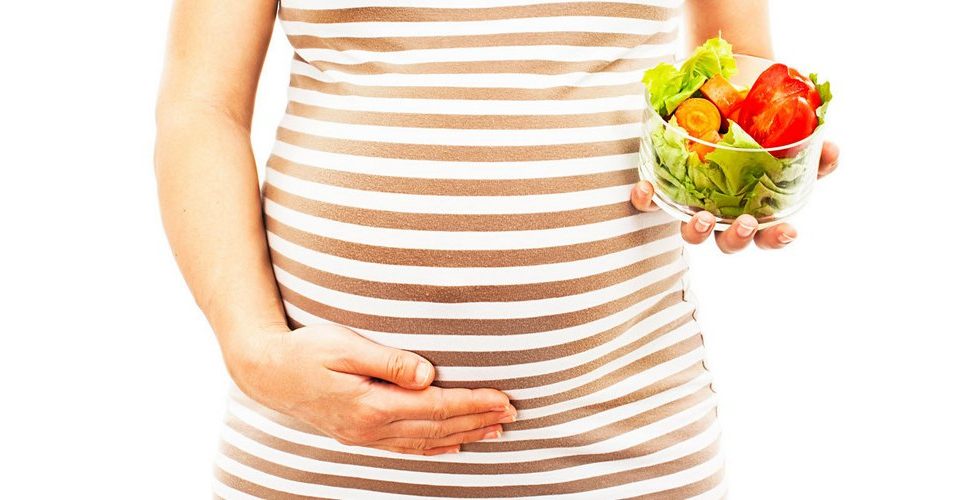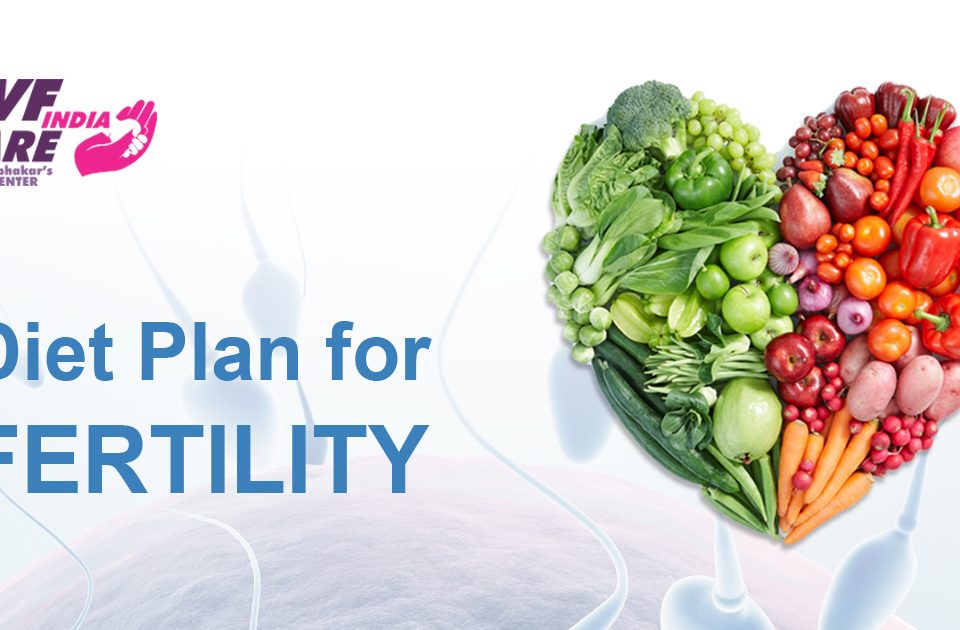10 Common Questions About IVF

Dr. Sumita Prabhakar conferred with Doon Sanskriti Award 2019 for her remarkable work for Women’s health
April 3, 2019
Infertility: An Overview
February 17, 2020In Vitro fertilization (IVF) is a treatment that can assist couples having difficulty to conceive take the first steps on the path towards parenthood. If you are faced with infertility, you may be wondering if IVF is right for you.
Below we’ve identified 10 common questions about IVF that we often hear from patients at IVF center in Dehradun.
-
What is IVF?
In vitro fertilization (IVF) is the most common type of assisted reproductive technology (ART), used to create an embryo by bypassing certain causes of infertility, such as mild sperm abnormalities in men, and fallopian tube or ovulation irregularity in women.
During IVF, a woman’s eggs are surgically retrieved and then fertilized in a laboratory by mixing with a partner (or donor’s) sperm. The fertilized egg, or embryo, is left to grow for two to five days and is then surgically transferred back into the woman’s womb.
-
How long should I wait before consulting a fertility doctor?
In general, patients will seek advice from a fertility doctor after one year of trying unsuccessfully to get pregnant. The chances of a fertile couple conceiving a child in any given month (called the natural pregnancy rate) are around 20%; resulting in roughly ninety percent of couples becoming pregnant after one year of trying to conceive.
It’s recommended that the remaining 10 percent of couples consult a fertility specialist. In particular, women over thirty are encouraged to undergo a fertility treatment evaluation, after six months of attempting to conceive. And it may be beneficial for women over forty to meet with a fertility doctor shortly after deciding to try and have a child.
-
Am I a candidate for IVF?
There are a number of factors involved in determining if a patient is suitable for IVF treatment. Appropriate candidates often include couples who may experience:
- Low sperm counts
- Endometriosis
- Problems with the uterus or fallopian tubes
- Ovulation disorders
- Sperm unable to penetrate or survive in the cervical mucus
- Other health or unexplained reproductive issues
The only way to know for sure if in vitro fertilization is right for you is to undergo a complete exam and consultation with Dr. Sumita Prabhakarand the IVF India Care staff.
- How long does IVF take?
The in vitro fertilization process can last anywhere from four to six weeks prior to egg retrieval. The embryo(s) will then be implanted between two to five days afterward. Not all patients are successful on their first IVF attempt; in fact, it’s not uncommon for patients to go through multiple IVF cycles before finally becoming pregnant.
-
Are there any restrictions while undergoing IVF?
Yes. Your doctor will recommend that you adhere to the basic guidelines below during the IVF process and into your pregnancy.
- Smoking: It’s recommended that both partners stop smoking at least three months before beginning an IVF cycle, and before ovulation induction begins. The effects of tobacco have been shown to be toxic and harmful to a woman’s eggs.
- Drinking: Alcohol should be avoided at the outset of IVF treatment, until one’s pregnancy test, and if pregnant, until the birth of the child.
- Medications: It’s important to inform your doctor if you’re taking any prescription or over-the-counter medications. Some medicines can interfere with the prescribed fertility medication or embryo transference, and others may not be safe to take before surgery.
- Vigorous exercise: Intense physical activities like aerobics, weightlifting, and running are prohibited during ovarian stimulation and until the results of one’s pregnancy are known.
- Supplements: Supplements are completely prohibited during the IVF process.
-
What happens if I become pregnant?
Once a pregnancy is confirmed, you’ll see your fertility doctor for continued blood testing, and eventually an ultrasound to confirm that the pregnancy is progressing smoothly. Once the fetus’s heartbeat has been verified, you’ll be referred to an obstetrician for the rest of your pregnancy.
-
If I’m not pregnant, when can we try again?
Normally, patients are asked to wait for one or two full menstrual cycles before resuming another IVF cycle. Certain additional tests may be needed that could delay subsequent IVF cycles.
-
Will IVF significantly increase my chances of having twins or triplets?
This is a very common question asked by couples considering IVF treatment, and the answer depends on several factors. You and your doctor will decide the number of embryos to be implanted into your uterus. If a single embryo is transferred, then it would be impossible to have multiple pregnancies. However, given the uncertainty of the embryo successfully implanting into the lining of the uterus, many women choose to transfer multiple embryos into the womb; especially those women who may be unable to afford additional IVF cycles.
Interestingly, one’s chances of giving birth from multiple embryo transfers are only slightly higher than with transferring a single embryo, although the odds of having twins or triplets will increase significantly.
-
Are there any side effects associated with IVF?
Fertility medications can cause mood swings, headaches, hot flashes, abdominal pain, and bloating. In very rare cases, fertility medication may induce ovarian hyper-stimulation syndrome (OHSS), which can produce more severe symptoms such as:
- Nausea or vomiting
- Shortness of breath
- Decreased urinary frequency
- Feeling faint
- Significant weight gain within three to five days
- Severe stomach pain and bloating
Potential side effects after IVF treatment may include:
- Passing a tiny small amount of clear or blood-colored fluid after the procedure
- Mild bloating
- Mild cramping
- Breast tenderness
- Constipation
IVF can be ideal for couples who have tried conventional infertility treatments but have failed to conceive. IVF can also help solve certain male infertility factors as well. Before deciding if IVF is the right choice, it’s important to sit down with Dr. Sumita Prabhakar to discuss and evaluate all the available treatment options.




